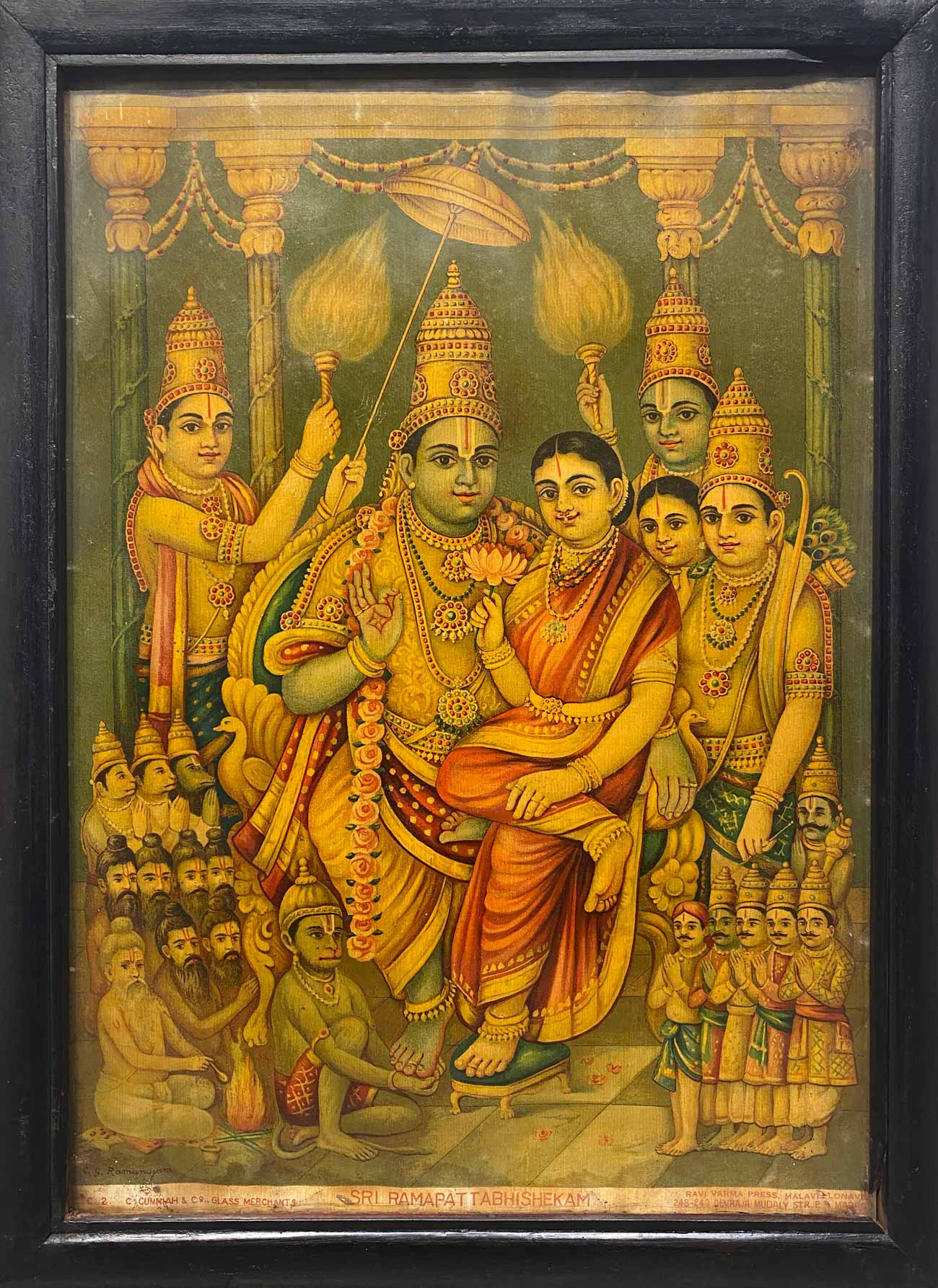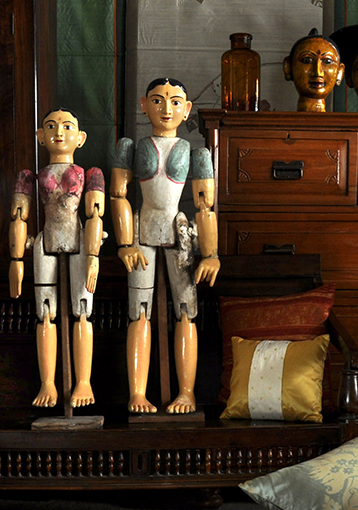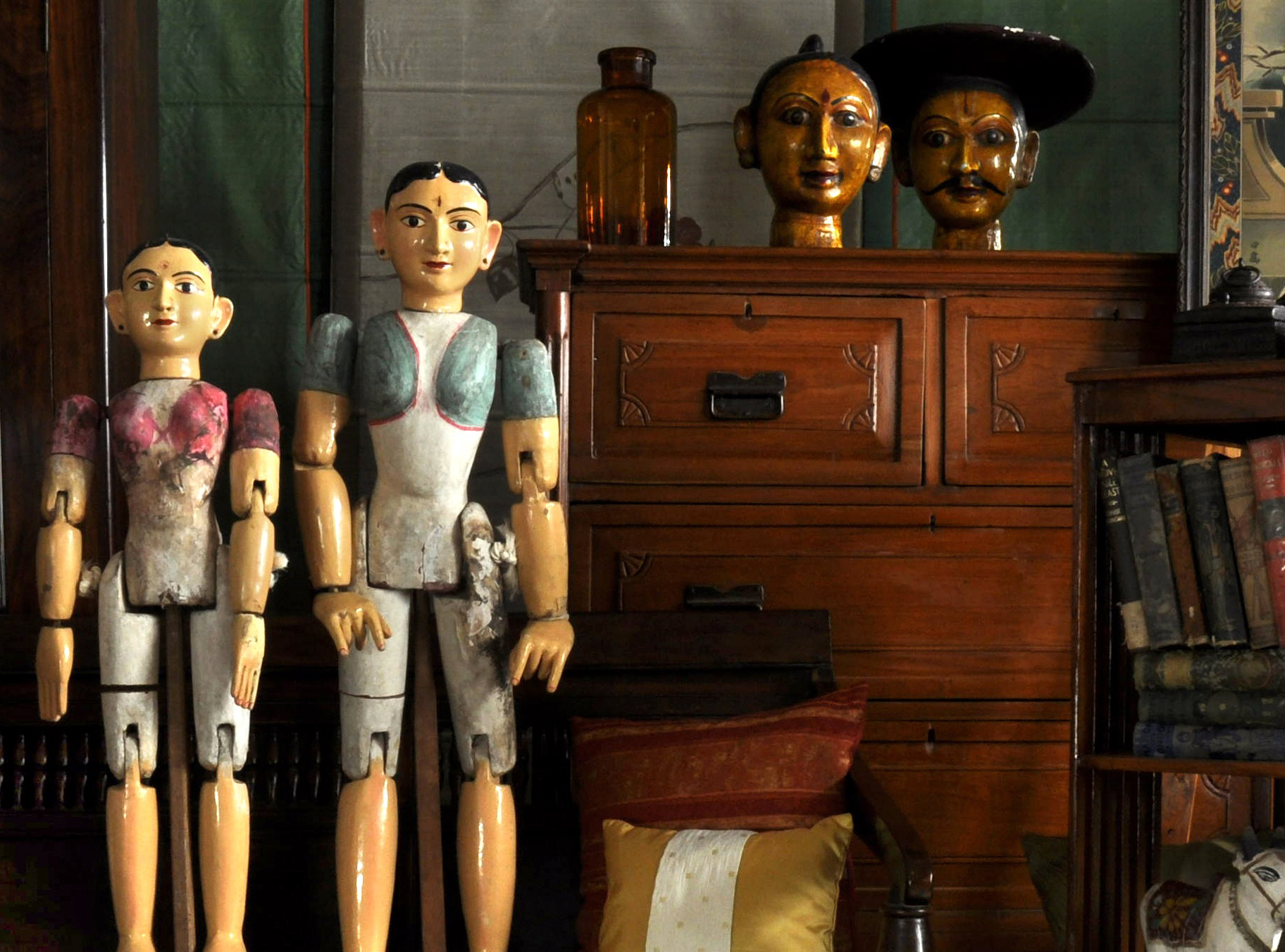- Home
- Sri Ramapattabhishekam
Loading...
Sri Ramapattabhishekam
by C G RamanujamAll orders are insured for transit.
This item cannot be shipped outside India.
All orders are insured for transit.
This item cannot be shipped outside India.
Details
| Year: | Early 1900s |
| Press: | Ravi Varma Press |
| Medium: | Oleograph |
| Size: | 21.75 x 15.75 inches (Framed) |
| Signature: | Bottom Left |
Description
C.G. Ramanujam was one of the well-known artists who worked for the Ravi Varma Press. Ramanujam's portrayals of the deities and mythological subjects were heavily influenced by the Tanjore style of painting. The traditional attire, the jewellery and other elements also give a clear indication of the artist's roots in South India.
-
Description
Read MoreThis is an oleograph of Sri Rama Abhisekam by the artist C.G. Ramanujam. It has been lithographed at the Ravi Varma Press, Malavali, Lonavala in the early 1900s. Abhisheka in Sanskrit means "bathing of the divinity to whom worship is offered." It is a religious rite or method of prayer in which a devotee pours a liquid offering on the god or goddess. This is portrayed here as part of the coronation of Rama after his defeat of Ravana, when he returned to be crowned king of Ayodhya. To Rama’s right sits his wife Sita, and his brother Lakshmana stands holding his bow. Rama’s other brothers Bharata and Shatrughna are standing in attendance holding flywhisks. Hanuman is touching Rama’s foot at the bottom to the left, above him is Sugriva, the king of Vanaras, as well as the bear like figure Jambavan, a great warrior and strategist. At the bottom right is Ravana’s brother (blue figure) and his followers who switched to Rama’s side during the war.
C.G. Ramanujam was one of the well-known artists who worked for the Ravi Varma Press. Ramanujam's portrayals of the deities and mythological subjects were heavily influenced by the Tanjore style of painting. The traditional attire, the jewellery and other elements also give a clear indication of the artist's roots in South India. -
ABOUT Oleographs
Read MoreOleographs, also called chromolithographs, are multi-colour art prints, stemming from the process of lithography. Pioneered in the 1830s, the process of producing oleographs came into wide commercial use in the 1860s. The technique relied on using several woodblocks or stones with colours for printing, while hand-colouring remained an important aspect as well. Depending on the number of colours present, an oleograph could take months to produce by very skilled workers. Poor preservation and cheaper printing alternatives have made oleographs hard to find. Today, they are mainly used as fine art.
-
Details
Year: Early 1900s Press: Ravi Varma Press Medium: Oleograph Size: 21.75 x 15.75 inches (Framed) Signature: Bottom Left -
Returns
We accept returns within 7 days of delivery if the item reaches you in damaged condition. -
Shipping
Shipping costs are extra, and will be calculated based on the shipping address.All orders are insured for transit.
This item cannot be shipped outside India.
This item has been added to your shopping cart.
You can continue browsing
or proceed to checkout and pay for your purchase.
This item has been added to your
shopping cart.
You can continue browsing
or proceed to checkout and pay for
your purchase.
This item has been added to your wish list.
You can continue browsing or visit your Wish List page.
Are you sure you want to delete this item from your Wish List?
Are you sure you want to delete this
item from your Wish List?


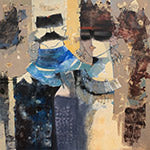
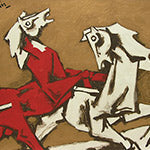

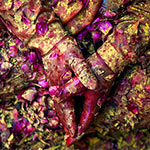
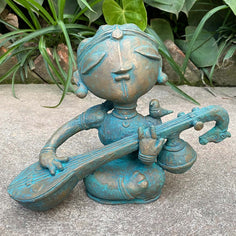
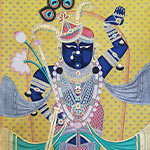
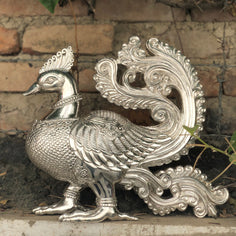
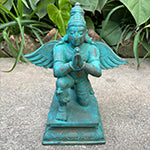
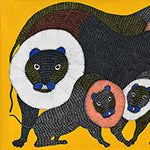
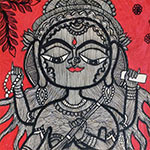
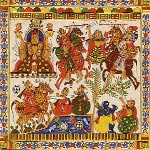
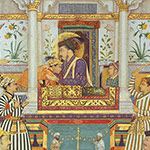
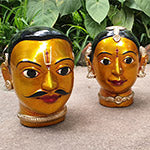

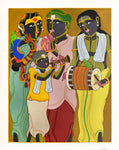

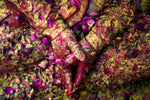
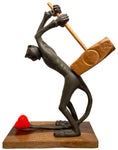
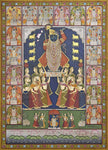
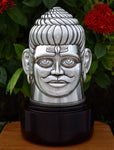



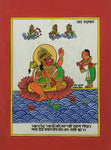
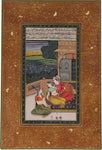
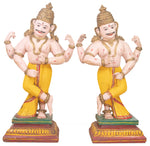

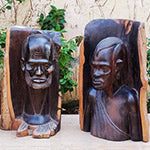
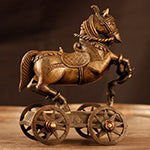

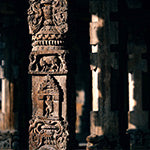
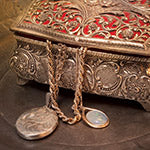
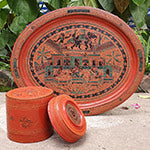
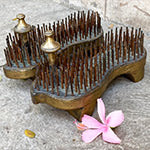
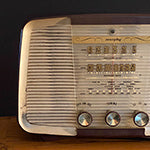
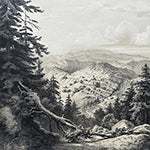
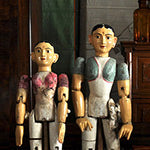
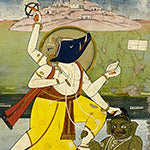
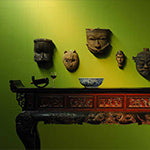
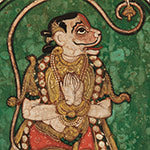

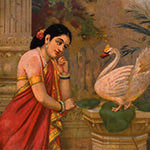
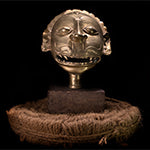
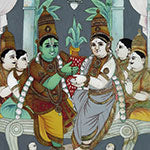
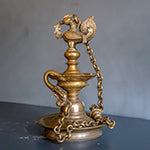
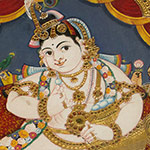
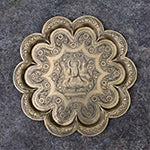
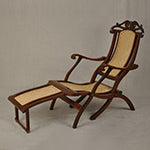
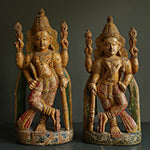


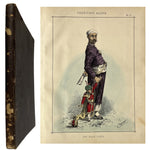

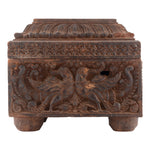
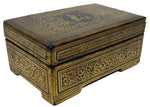
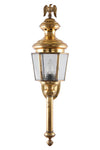

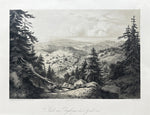


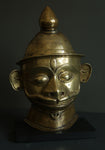
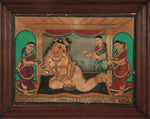
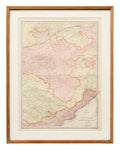
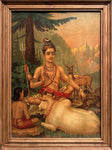

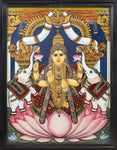

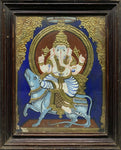
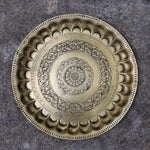
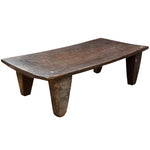
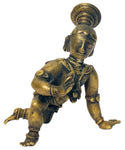


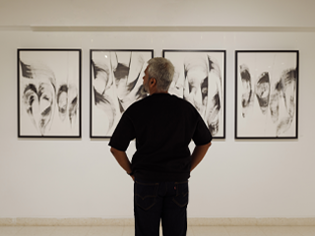





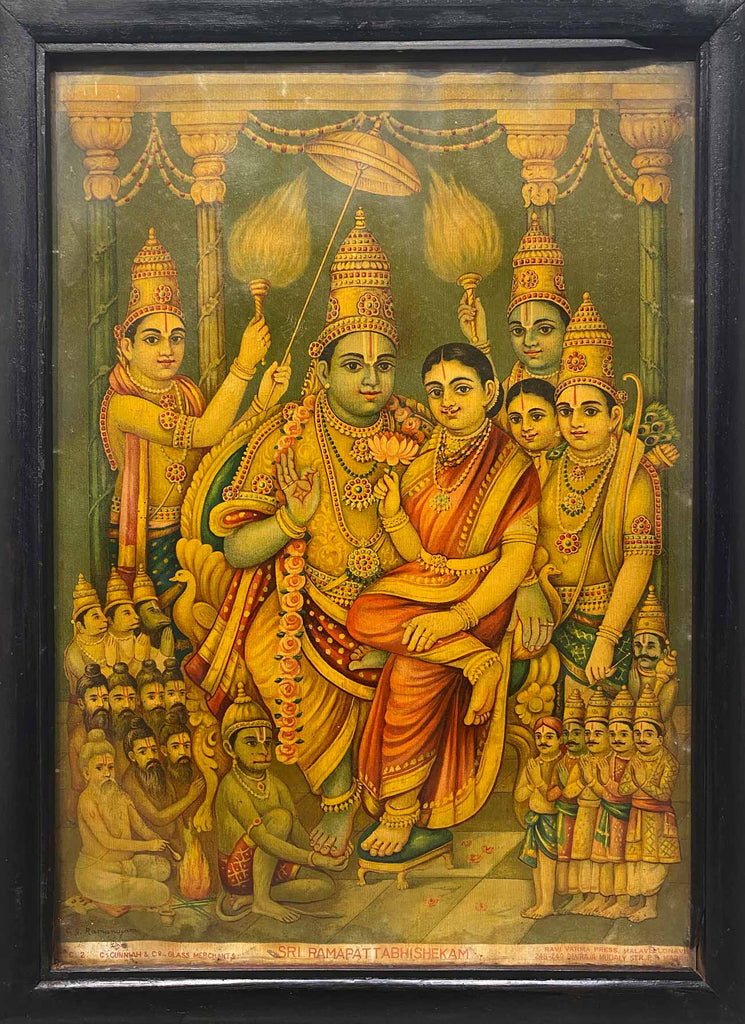
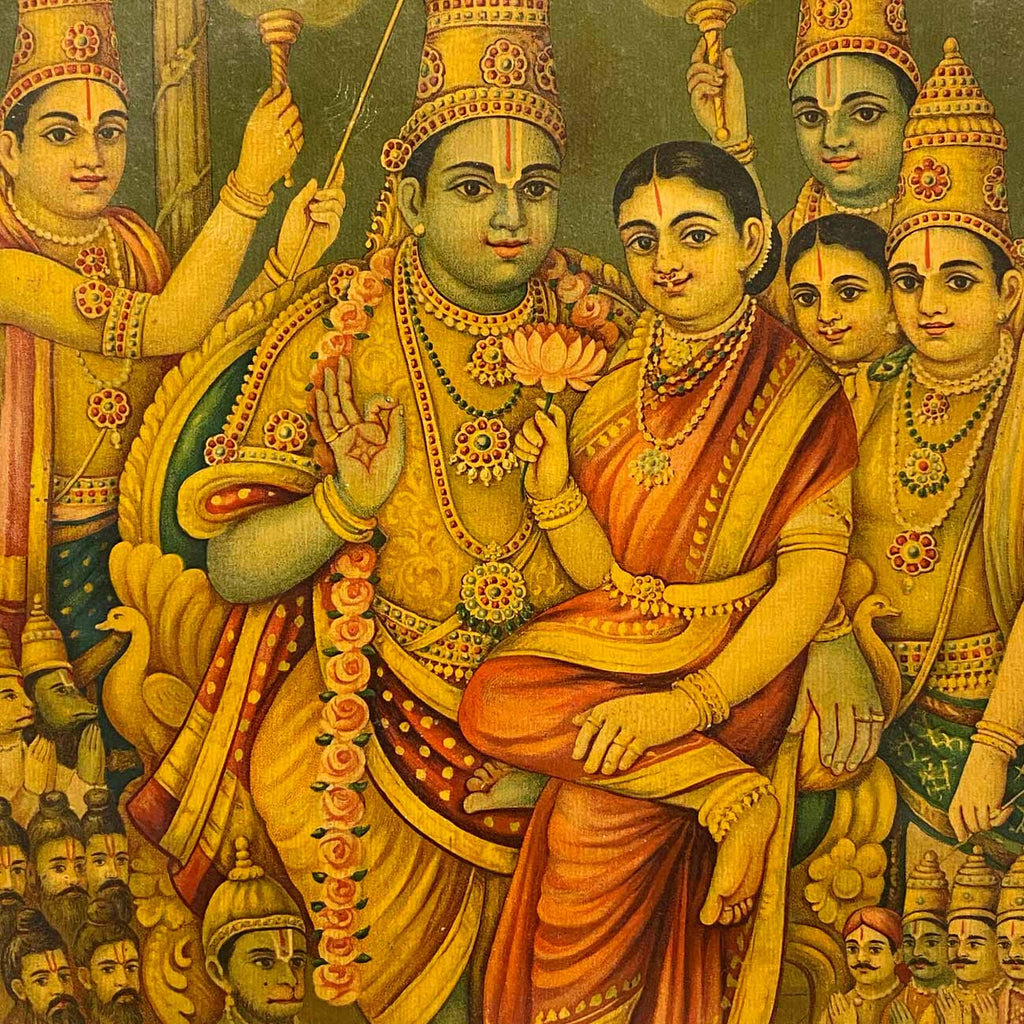
 View Full Screen
View Full Screen
